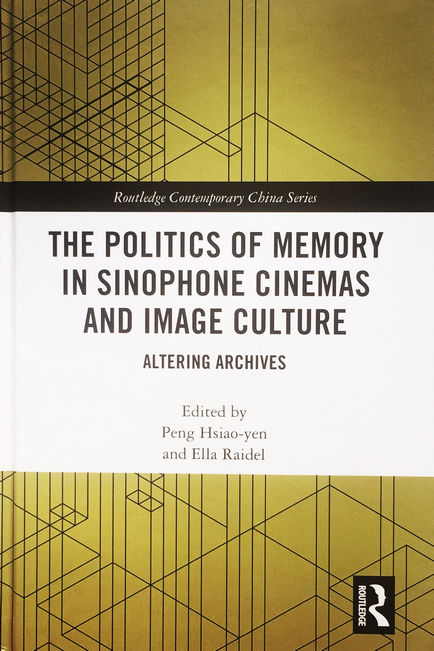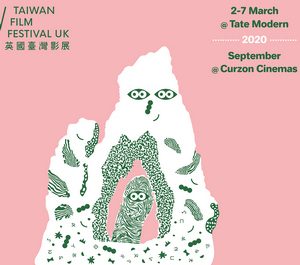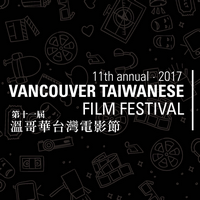 Cinema archives memories, conserves the past, and rewrites histories. As much as the Sinophone embodies differences, contemporary Sinophone cinemas in Taiwan, Hong Kong, and the People’s Republic of China invest various images of contested politics in order to assert different histories and self-consciousness. As such, Sinophone cinemas and image production function as archives, with the capability of reinterpreting the multiple dimensions of past and present.
Cinema archives memories, conserves the past, and rewrites histories. As much as the Sinophone embodies differences, contemporary Sinophone cinemas in Taiwan, Hong Kong, and the People’s Republic of China invest various images of contested politics in order to assert different histories and self-consciousness. As such, Sinophone cinemas and image production function as archives, with the capability of reinterpreting the multiple dimensions of past and present.
The Politics of Memory in Sinophone Cinemas and Image Culture investigates Sinophone films and art projects that express this desire for archiving and reconfiguring the past. Comprising ten chapters, this book brings together contributors from an array of disciplines – artists, filmmakers, curators, film critics, and literary scholars – to grapple with the creative ambiguities of Sinophone cinemas and image culture. Blending eclectic methods of scholarly research, knowledge-making, and art-making into a new discursive space, the chapters address the diverse complexities of the cinematic culture and image production in Sinitic language regions.
This book is a valuable resource for students and scholars of film studies, China studies, East Asian studies, Taiwan studies, and Sinophone studies, as well as professionals who work in the film industry.
Table of Contents
Introduction Peng Hsiao-yen and Ella Raidel
I. Remembering China: The Individual Self, the Collective, and the State Apparatus
Chapter 1. Why Remember Everyday Movie-Going in Cultural Revolution Shanghai? – Chris Berry
Chapter 2. Persuasive Communication in Chinese Historical Film: The Founding of a Republic as a Milestone – Isabel Wolte
Chapter 3. Images of Redress and Rehabilitation: “pingfan (in) film” and perceptions of coming to terms with the past in China – Agnes Schick-Chen
Chapter 4. A Familiar Stranger – Grierson in China – Xinyu Lu
II. Politicizing Archives: Artists and Digital History
Chapter 5. The Use and Abuse of the Archives in Contemporary Art – Hongjohn Lin
Chapter 6. Making Reverberation: Residue of Sounds and Images – Chen Chieh-jen
Chapter 7. The Digital Emergence of a New History: The Archiving of Colonial Japanese Documentaries on Taiwan – Yu-lin Lee
III. Manufactured Archives: the Fictional Memory
Chapter 8. Wong Kar-wai’s Mood Trilogy: Robot, Tears, and the Affective Aura – Peng Hsiao-yen
Chapter 9. The Missing and the Fictional Memory: Leitmotifs of Tsai Ming Liang’s Oeuvre – Ella Raidel
Chapter 10. Light and Shadow of Jianghu: Peering into the Contemporary Political Mythology in Crouching Tiger, Hidden Dragon, Hero and The Grandmaster – Sandy Hsiu-chih Lo
The Politics of Memory in Sinophone Cinemas and Image Culture
Altering Archives
£105.00 – Sep 21, 2017
198 pages
Hardback – 9781138047457
More Info at Publisher’s Website: The Politics of Memory in Sinophone Cinemas and Image Culture – Altering Archives
Editors
Peng Hsiao-yen is Research Fellow at the Institute of Chinese Literature and Philosophy, Academia Sinica, Taiwan.
Ella Raidel is Senior Postdoc (Elise-Richter-PEEK) at Art University Linz, Austria.
Routledge
Routledge is the world’s leading academic publisher in the Humanities and Social Sciences. We publish thousands of books and journals each year, serving scholars, instructors, and professional communities worldwide. Routledge is a member of Taylor & Francis Group, an informa business.
Webseite: Routledge
Photocredit: Routledge



